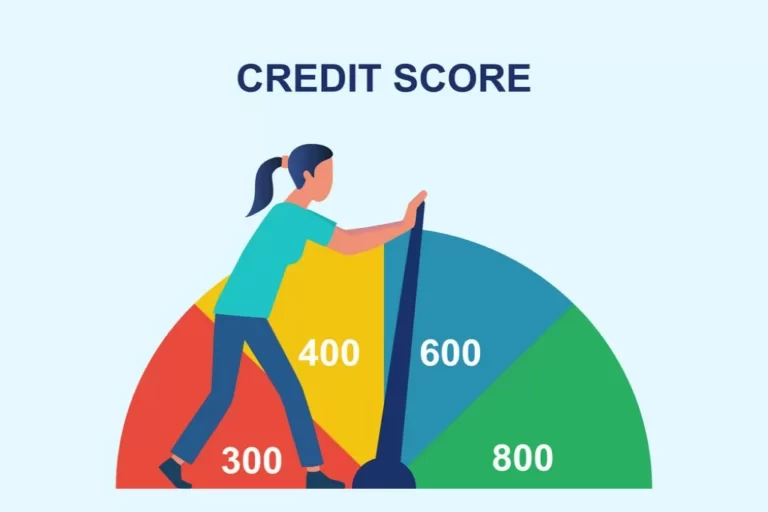The first time you decided to buy something for which you did not have the money immediately, your credit score became an issue.
A credit score is a three-digit number, most often ranging between 300 and 850. The score is generated through a mathematical formula using information gathered from your credit reports, which detail your current credit situation and your credit history.
Furthermore, the higher your credit score, the more appealing you are to lenders and the more likely you are to have credit extended to you through credit cards, mortgages or automobile loans.
You may have as many as three credit reports, but you can have numerous credit scores. It is dependent on the information credit bureaus use to determine its credit score for consumers.
The information used to determine your credit score varies depending on the credit bureau issuing the score, but usually includes most of these factors.
Essential Factors To Consider To Improve Your Credit Score
(i) The number of loan accounts you have
(ii) The type of loan accounts you have
(iii) Your current unpaid debt
(iv) It depends on your available credit
(v) Your history of bill payment, including late charges or failure to pay
Obviously, if you have ever had a debt sent to a collection agency, have filed for bankruptcy in the past, or have had a home foreclosed on, your credit score will be impacted.
Many people do not fully grasp that their credit cards are a type of loan. Your history of paying your credit card on time plays a large role in your credit score, as does your credit limit on those cards and how much available credit you have remaining.
Your credit score is used by lenders to determine if you are a good candidate to pay back a loan offered to you. While credit card companies depend solely on credit scores to determine your viability for a credit card account, lenders such as mortgage companies and automobile loan companies will look deeper into your credit report for indications of your ability to pay the monthly loan amount.
Your credit score changes with every purchase you make using a credit card. It changes with every payment you make on a mortgage, apartment rental or automobile loan.
How Do I Improve My Credit Score?
There are companies which will assist consumers in improving their credit scores. They include:
Credit Karma: Credit Karma acquires your credit score and credit reports, conducts its own investigation of your credit history, and makes recommendations. It can connect consumers to loan companies, mortgage lenders, and resources and services to assist consumers improve their credit status.
Credit Sesame: Acts in a similar fashion to Credit Karma, and advises consumers on their current loan and credit card interest rates, as well as suggesting ways to save money based on the consumer’s credit history.
Your credit score may be perfectly acceptable for your needs. But if you have ever had a loan or credit card turned down, your credit score probably had something to do with it.
There is probably a reason you allowed your credit score to get lower than you would like. But you are now ready to make the financial moves that will raise your credit score to a more acceptable level.
Best Websites To Check And Build Your Credit Score
Steps To Help You To Reach Your Goal
1. Investigate Yourself
You can obtain a copy of your credit report free from any of the three main reporting companies – Equifax, Experian and TransUnion. The reports are available to you at annualcreditreport.com. The information there will let you know what has been reported about your credit history and what loan officers are seeing when you apply for a loan. Should you see that your credit report has an error on it, report that immediately. Getting errors corrected will raise your credit score.
2. Make All Of Your Monthly Payments
Payment history is the leading factor in the creation of a credit score. If you make all of your payments on time, your credit score will reflect that positively. If you have failed to make payments on the time in the past, you need to end that practice now. Your credit score is impacted by each late payment as well as by each on-time payment.
3. Maintain A Low Credit Card Balance
If you are making your monthly credit card payments but not reducing your credit card balance, you need to reduce that balance as much as possible. Credit scores are impacted if you have a balance that is more than 30 percent of your available credit (if you have a $1,000 credit limit on a card, you should not have a balance over $300).
- Do not apply for any unnecessary additional credit. You are reading this because your credit score has come up in some conversation with a lender, but all hard inquiries into your credit report ping your credit score and can lower your number.
- Maintain your old credit cards. Credit reports and scores take into account your long-standing lending relationships and consider them a positive factor in your credit history.
- Reduce your number of lenders. If it is possible to obtain a debt consolidation loan from a bank, you can use that money to consolidate several other loan balances. That way, you have fewer payments to make monthly and your budget is easier to handle. Loan rates from banks are far more favorable than credit interest rates changed by credit cards; you will save yourself a great deal of money over the long term.
Why Do I Care Again?
Your credit score matters if you are attempting to get a sizable loan for a car, a house, or any other significant expense. You may have never had to give your credit score any thought before, but now it is a matter of importance and you want to clean up your credit report in order to increase your credit score, which will make it easier to acquire the large loan you have in mind.
So get to work. You can and should improve your credit score for today and for tomorrow.












